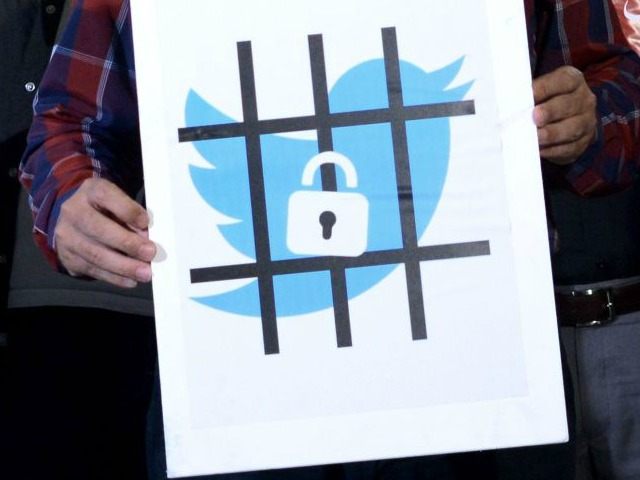Twitter has confirmed it is experimenting with graying out the profiles of users it deems are posting “sensitive content,” displaying a warning to others before they can read their tweets.
Mashable first reported on the feature when one of their contributors attempted to view the profile of tech analyst Justyn Warren but was unable to determine why or how the account was flagged. Warren was not informed that his profile was hidden, nor understood exactly why Twitter imposed the measure on his account. Warren’s tweets seem to contain some swearing, but nothing serious enough to seem to warrant a sensitive content warning. His profile has since been unflagged.
Soon enough, there were reports of other accounts being grayed out:
My account is fenced off to protect sensitive users from me, like I'm some sort of menace. @Twitter @Support @jack pic.twitter.com/yTbyRJn2SY
— Dan O'Sullivan (@Bro_Pair) March 9, 2017
https://twitter.com/A_M_Perez/status/839624199568244736
@guldeuxchats the goverment doesn't want us to see Casey pics pic.twitter.com/pJtsWek5wh
— Kemba WalkHard (@Cam_Oflage) March 8, 2017
Twitter claims that this new feature is to make the experience safer for users, and that it follows similar steps to their other safety features. Media, such as photos or videos, can already be reported as sensitive, with Twitter having the ability to mark an entire user’s media posts as sensitive permanently if they so choose. However, this new step verges away from stopping everyone immediately seeing pornography or graphic images to something potentially more worrying.
Abhimanyu Ghoshal writing at TheNextWeb posited some of the negative outcomes, imagining if “a potential employer looked up your profile and found that it was greyed out; it’s possible they could get the wrong impression about your online presence. Or, if you had an important idea to share, but people couldn’t see your tweets because you cursed once… [Twitter] needs to be careful that it doesn’t end up censoring its users… and stifl[ing] free speech.”
Twitter’s “safety features” are done via an opt-out system, whereby users have to go into their profile and deliberately change their settings in order to ensure that they see everything they want to. There is merit to allowing people to avoid things they do not want to — Gab, the free speech alternative to Twitter, implemented a word-filtering feature that Twitter later adopted — but this was the choice of the users, and not forced upon them as default.
This is not the first time Twitter has implemented new features that tend towards censorship. If accounts are seen to have “potentially abusive” behavior, they are locked out for a certain period of time. In February, Twitter announced “safer search results,” filtering out sensitive tweets, and collapsing “abusive” tweets from being seen as replies underneath a tweet.
Jack Hadfield is a student at the University of Warwick and a regular contributor to Breitbart Tech. You can follow him on Twitter @ToryBastard_ or on Gab @JH.

COMMENTS
Please let us know if you're having issues with commenting.